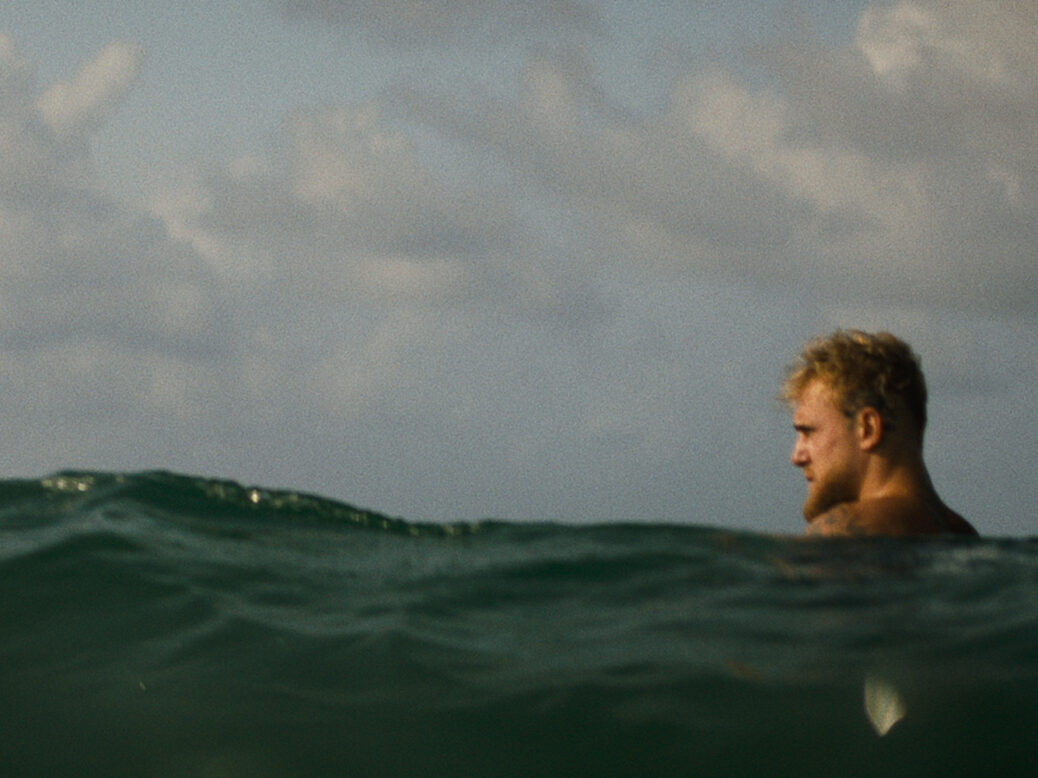
“Is this gonna be the style where you show the slate closing and then, like, the person’s reactions after it?” jokes Logan, Jake Paul’s brother, playfully referencing the typical opening of a Netflix interview. It’s a tell-tale sign of what’s to come in Untold: Jake Paul the Problem Child. This is a documentary which, though entertaining, feels too self-aware.
The focus is Jake Paul’s rise to boxing stardom. Like his brother Logan, Paul was originally a YouTuber, currently boasting 7.4 billion views on his channel and ranked as one of the platform’s highest-paid stars by Forbes. It’s no surprise, then, that he’s so comfortable on camera. He and Logan have made careers out of starring in their own auto-documentaries, vlogs. Nothing is off limits to their cameras: in 2017 Logan infamously uploaded a video featuring a dead body in a Japanese forest where people frequently go to take their own lives.
“Promotion, it’s an art,” Paul says in Untold. “Everything’s a storyline, to engage the audience.” His knack for being the centre of attention has certainly given him an edge in the world of sports promotion. Nakisa Bidarian, Paul’s business partner, saw him as “a unique opportunity” to “disrupt fight sports”. Indeed, he was. Paul sweeps through six undefeated fights in the documentary, attracting increasing audience numbers and earning the praise of the boxing legend Mike Tyson. There’s no question that Paul is serious about the sport, assuring us that his critics “didn’t know how much this sport meant to me”.
What’s strange, then, is Paul’s ultimate “goal”: not to win every game, or become a hero of the sport, but “to have some of the biggest pay-per-views in the history of sports”. But Paul’s personality is so inseparable from his brand that you can never tell if he’s being genuine. In the documentary, referencing controversy early on in his career, which involved YouTube pranks so rowdy that Disney dropped him from its show Bizaardvark, he says it’s “not easy to be hated by the whole entire world”. He then goes on to explain how “being the villain is the best thing” in boxing, chanting along with haters’ obscenities in a pre-match press conference. Maybe he’s just learnt to embrace hate, but it’s an embrace that seems calculated.
He’s similarly canny about the documentary, saying that he “did not wanna f***ing lose on Netflix” after winning a fight against Anderson Silva. In a particularly revealing moment towards the end, when Paul has just lost to Tommy Fury, he asks for one camera to be turned off, saying “I don’t want any of that footage on YouTube”. He then points to Netflix’s camera and says, “This is just for like doc s*** with Netflix.”
This is the problem with the problem child. It’s not that he’s afraid to be vulnerable; in this scene we see him dejected, humanised in his defeat. It’s just that, as a content creator, he is too aware of how he’s perceived, too careful about which light he’s seen in. He has depth, but the camera is always kept at a distance. This documentary is a good introduction to Jake Paul the brand, but you might have to look a bit harder to find Jake Paul the person.
[See also: We must resist the hype machine]





